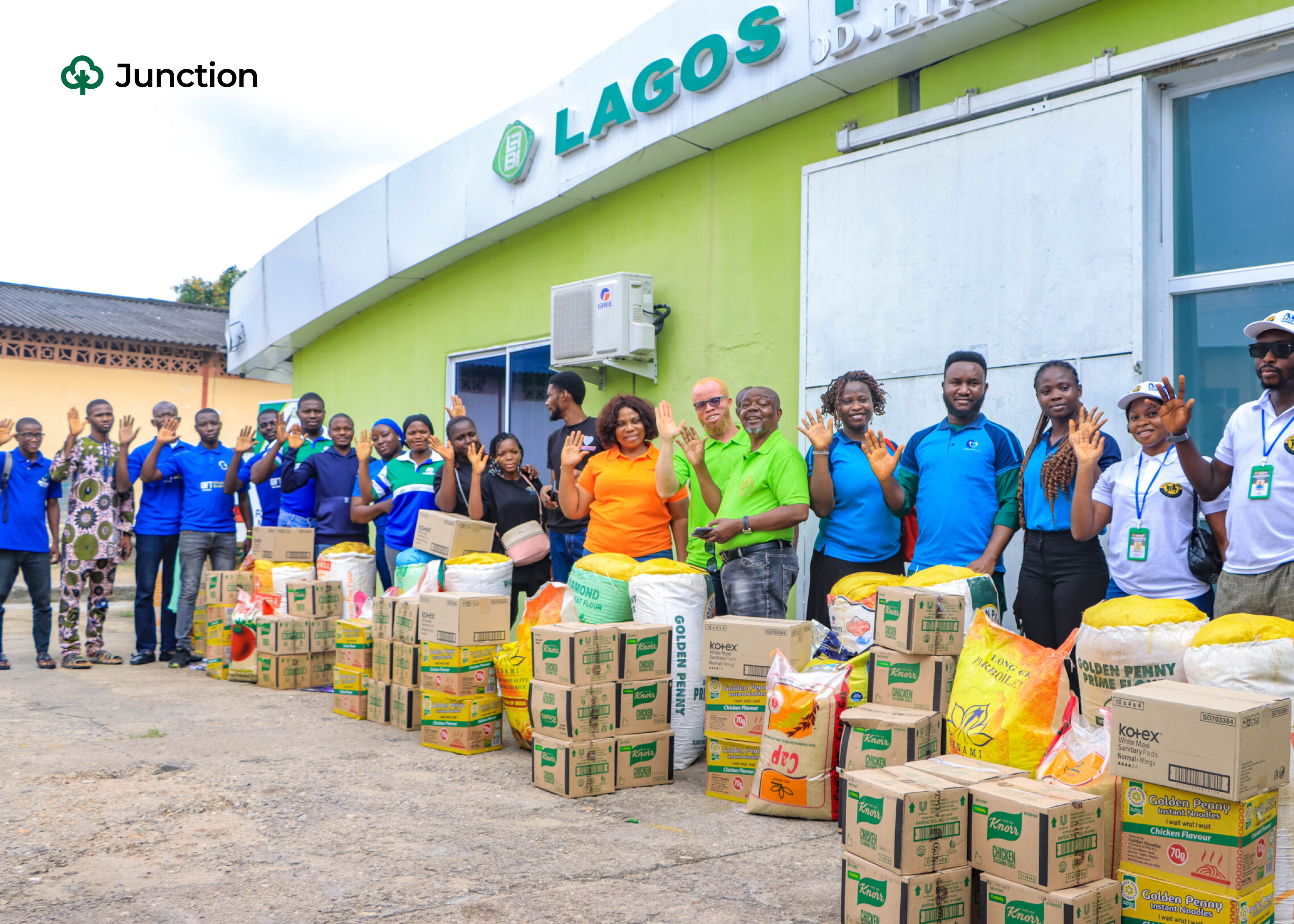News in Brief:
– The Lagos Food Bank Initiative has opened a new, large-capacity warehouse to significantly increase its ability to distribute food to those in need.
– Government officials praised the initiative, highlighting the importance of public-private partnerships in addressing food insecurity.
The Lagos Food Bank Initiative has inaugurated a state-of-the-art warehouse in Ikeja, Lagos, to boost its capacity to combat food insecurity.
According to a statement by the Commissioner of Agriculture and Food Systems, Abisola Olusanya, this new facility, capable of holding over 500 pallets, will streamline the organisation’s efforts to store, process, and distribute essential food supplies to vulnerable populations throughout Nigeria.
Speaking on behalf of the Lagos State Governor, Babajide Olusola Sanwo-Olu, she stressed that the food bank deserved praise for its dedication to alleviating hunger. Olusanya further noted the warehouse’s role as a symbol of shared commitment to food security.
She also acknowledged the essential partnership between the state and non-governmental organisations, recognising that tackling food insecurity requires a collaborative effort.
Enhanced distribution capabilities
Michael Sunbola, Founder and Executive Director of the Lagos Food Bank Initiative, underscored the new warehouse’s significance in expanding the organisation’s reach. He stated that the new facility represents growth and a continued dedication to addressing hunger and malnutrition.
“This warehouse allows us to scale our operations and provide nutritious meals to a greater number of those in need,” he said. He also stresses the continued need for innovation and collaboration to fight food insecurity.
The Lagos Food Bank Initiative, which currently serves approximately three million households across 170 communities, aims to further its impact with the enhanced storage and distribution capabilities provided by the new warehouse. In essence, the initiative serves as a critical lifeline for those facing food insecurity, playing a significant role in improving the lives of Nigerians.
Its website claims that the initiative has benefited 3 million people and spent $1 million on several programmes like the EDUFOOD, Family Farming Program, NUMEPLAN, and more. It is working with 150 non-governmental organisations to serve beneficiaries and has recorded 500 corporate partnerships.



